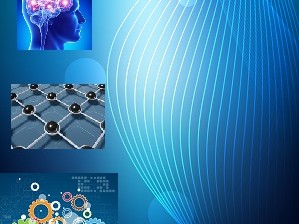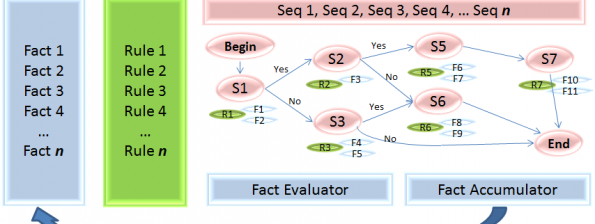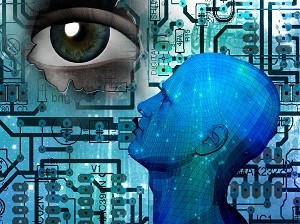Home »
Posts tagged "fuzzy logic" (Page 9)
Tag Archives: fuzzy logic

There may be an incontrovertible thing out there called “truth.” But it seems quite elusive to me. In Japanese it is very polite to append just about any declarative sentence, any assertion of knowledge with “to omoimasu” (と思います) meaning I think. By being less committal, we save the other people in the conversation from embarrassment because their […]
Posted by
Joe Roushar in
Anthropology,
Cognitive Science,
Enterprise Applications,
Expert Systems,
Mobile Apps,
Neuroscience,
Ontology,
Philosophy,
Social Media,
Software Design , Followed with
Comments Off on Context of Knowing, Thinking and Believing

Inequality is the Pattern Unequal distributions characterize everything in the universe from subatomic particles to galaxies. In fact the whole idea of “equality” in the physical universe seems at least a tiny bit sketchy. At the extreme end of unequal distributions is chaos. On the near end are things that approximate equality: balance, parity, equal opportunity, symmetry […]

Are you my Motherboard? From Eliza to Watson, Jeeves, Siri and Alfred, people have been naming their computers. Some systems are named after their inventors – like Wolfram Alpha and its siblings. Who is JARVIS? Just Another Rather Very Intelligent System? These attempts have, in their own little ways, touched our lives. But we are still waiting on the cusp of an innovation that will […]
Posted by
Joe Roushar in
Cognitive Science,
Communication,
Computing,
Enterprise Applications,
Expert Systems,
Knowledge,
Learning,
Mobile Apps,
Neural Networks,
Ontology,
Social Media,
Software Design,
Technology , Followed with
Comments Off on Intro to Cybernetic Models

Understanding It has been said that it is not possible to fully understand another person’s meaning without inhabiting their experiences and their current state of mind. And yet, communication is often completely successful. The most effective communications are between people who empathize well and avoid applying their own biases when listening to others. For humans, […]

By: Joe Roushar – February 2013 In the Beginning When computer programming began, it consisted mostly of written computer instructions called code. Data was minimal. Decks of dozens to hundreds of punched cards told the computer what to do with the data, which was also encoded on punched cards. The process of writing and debugging code was tremendously tedious. As computing […]

A popular success strategies book suggests that if we “Begin with the End in Mind” we are likely to get where we’re going more consistently. We wander less if we think about what we want at the end from the very first steps of our journeys. Context helps us do that. Human behaviorists and philosophers have […]
Posted by
Joe Roushar in
Cognitive Science,
Computing,
Enterprise Applications,
Expert Systems,
Knowledge,
Learning,
Ontology,
Smart Search,
Software Design,
Technology , Followed with
Comments Off on Context Powers Backward Chaining Logic

Weighing the Options As part of my quest for the truly intelligent system, I have invested much in investigating and attempting to describe how people think. I am particularly concerned with how people integrate multiple ideas or constraints into their thinking and decision-making processes. More ideas help make better decisions: consider my posts on exformation and […]

Responses to Stimuli When we speak of computational systems, we use words like “input” and “output” and “program“. When computers become able to communicate, understand and process knowledge in context, will we use different words: words that are more anthropomorphic? I’ve been playing with anthropomorphic concepts with MIPUS. In today’s post I will draw us […]

Dialog: Is this something limited to humans – to sentient beings? Natural Language, its components, acquisition, and use are the subjects of this sixth section of the Understanding Context blog. Here, you will find theories about communication and cognition, along with descriptions of computational approaches to analyzing and automatically generating human language and dialog using computers. […]

Speaking to an associate at work I told him that a certain tool allows us to perform a complex technical change “with impunity”. My intent was to point out that without the tool, the change would create major ripple effects, breaking large amounts of code that would need to be fixed. He said that he would restate […]














